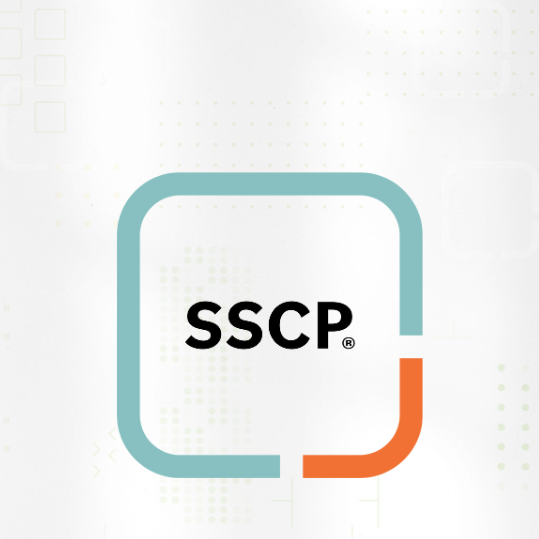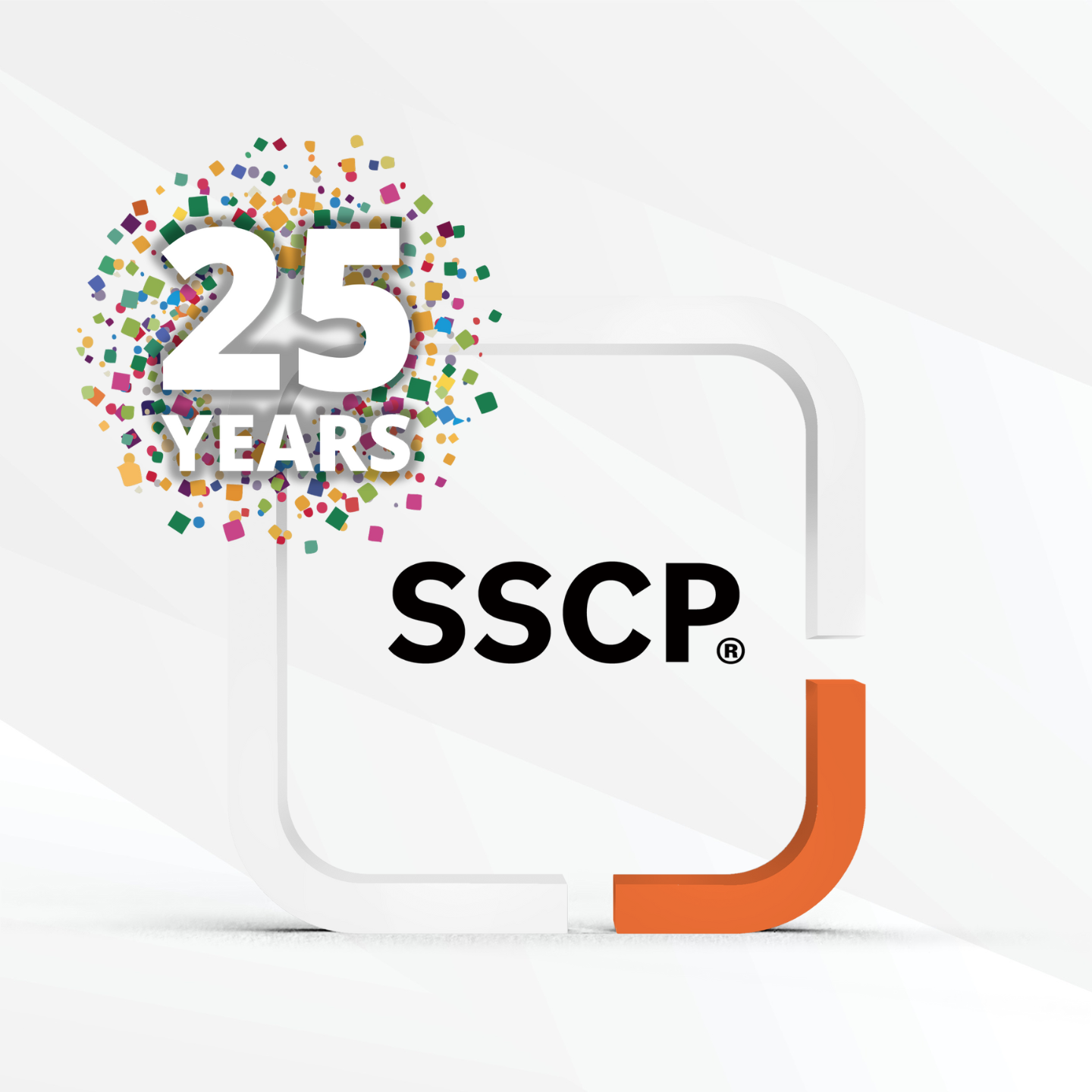The Systems Security Certified Practitioner (SSCP) certification demonstrates professionals have the knowledge and advanced technical skills to implement, monitor and administer IT infrastructure using cybersecurity best practices, policies and procedures. “Going through the SSCP training gave me more than just a certification—it gave me a clearer way to handle everyday security challenges, especially when it comes to incident response (IR) and risk management,” said Sida Say, SSCP, CC.
The SSCP is ideal for IT administrators, managers, directors and network security professionals responsible for the hands-on operational security of their organization’s critical assets. Sydnie Beckman, CISSP, CCSP, SSCP said, “It helped with my risk management and better understanding of networking to prepare for further advancement. I decided to use the foundation experience and go into cloud. It was like a jumping off point to explore more areas."
This October 1, the SSCP examination format is elevating to Computerized Adaptive Testing (CAT), the same format as the CISSP. This change means that each SSCP examination will have more security, and each session will be uniquely tailored to the aptitude of an individual candidate. Item count will be a variable 100-125 with a two-hour exam length.
The exam essentially responds to your demonstrated proficiency among the seven domains listed in the SSCP exam outline.
- Domain 1. Security Concepts and Practices
- Domain 2. Access Controls
- Domain 3. Risk Identification, Monitoring and Analysis
- Domain 4. Incident Response and Recovery
- Domain 5. Cryptography
- Domain 6. Network and Communications Security
- Domain 7. Systems and Application Security
When it comes to preparing for the examination, Vu Van Than, CISSP, SSCP, CC shared his advice, “Cybersecurity is a difficult journey; be calm and patient. Keep your mind open and never stop learning. Especially follow the Study Guide/Course from ISC2. Connect with those who have passed to motivate yourself and learn from their experiences." Sherman Tan, CISSP, CCSP, SSCP suggested, “In addition to reviewing ISC2 reference materials, joining study groups is equally important, as learning from others’ experiences can significantly reinforce your own understanding."
For more information on ISC2’s security operations and network security credential, join us for the Systems Security Certified Practitioner (SSCP) Info Session on September 24 at 1:00 p.m. ET.



